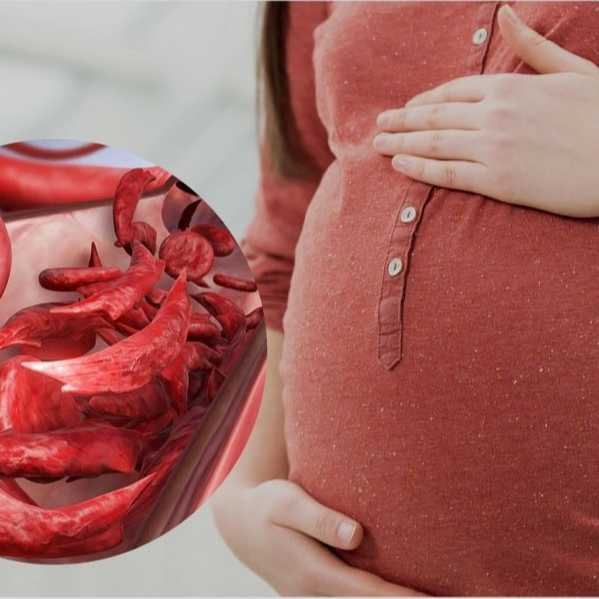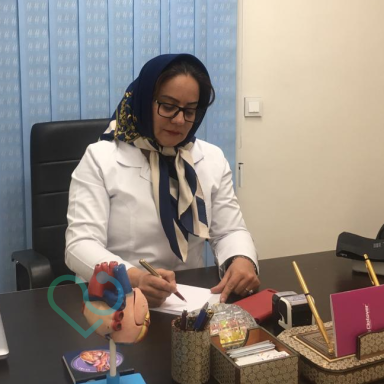Changes during pregnancy vary for each individual, but one common concern is an increased risk of anemia. This condition occurs when the body does not have enough red blood cells to carry oxygen to tissues. In mild cases, anemia may only cause fatigue, but severe cases require urgent treatment as they can lead to premature birth, low birth weight, and even maternal death.
Understanding the different types of anemia during pregnancy, their symptoms, and treatment options can aid in quicker diagnosis and prevention of complications.
What Causes Anemia During Pregnancy?
Mild anemia is common during pregnancy, but if left unchecked, it can become severe. During pregnancy, overall blood volume increases, with plasma volume rising more than red blood cells. This results in a lower percentage of red blood cells in a given blood volume, a condition known as physiological or dilutional anemia. This type of anemia is easily detected through blood tests.
Iron deficiency anemia occurs when low iron stores reduce hemoglobin production. During pregnancy, a mother’s body works harder to nourish the growing fetus, increasing blood volume by about 45%. Additionally, the mother provides the iron necessary for the fetus to produce hemoglobin. These factors increase the daily need for iron.
Folate deficiency anemia is another type of anemia during pregnancy. Folate is a water-soluble vitamin crucial for preventing neural tube defects and cognitive issues. Pregnant women require higher folate levels, making folic acid supplementation before pregnancy often necessary.
Vitamin B12 deficiency affects red blood cell production. Found in fortified foods and animal products like meat, fish, poultry, and eggs, B12 deficiency is common among vegetarians and individuals unable to process the vitamin. Folate and B12 deficiencies often occur together.
Preventing Common Types of Anemia During Pregnancy
In most cases, anemia during pregnancy can be prevented with a proper diet and nutrition. The following methods help ensure adequate intake of essential vitamins and minerals needed for red blood cell production:
1. Prenatal Vitamins
Prenatal vitamins, including iron and folic acid, often contain many micronutrients needed during pregnancy. Taking these vitamins daily, starting 2-3 months before pregnancy and continuing during pregnancy, helps maintain sufficient red blood cell production.
2. Iron Supplements
If iron levels are low, a doctor may recommend an additional iron supplement alongside daily prenatal vitamins. Pregnant individuals typically need about 27 mg of iron daily, though specific dosages should be discussed with a doctor. Calcium supplements should not be taken simultaneously with iron, as calcium can hinder iron absorption. Vitamin C, however, enhances iron absorption, which is why some supplements combine both nutrients.
3. Proper Nutrition
Consuming the right foods ensures adequate iron and folate intake. Good sources include:
- Poultry
- Fish
- Lean red meat
- Beans
- Nuts and seeds
- Dark leafy greens
- Fortified grains
- Eggs
- Fruits like bananas and melons
Animal-based iron sources are more readily absorbed, but pairing plant-based iron sources with vitamin C-rich foods (like tomatoes or oranges) improves absorption.
Tips for Increasing Iron Intake
Meeting daily iron needs is simple with the right foods:
- Add dark leafy greens like kale to meals or salads.
- Pair fortified breakfast cereals with vitamin C-rich fruits like strawberries or bananas.
- Include mashed beans in meals.
- Combine nuts and seeds with yogurt or oatmeal.
- Blend leafy greens, fruits, and fortified milk into smoothies.












Our Customers' Comments
No comments registered